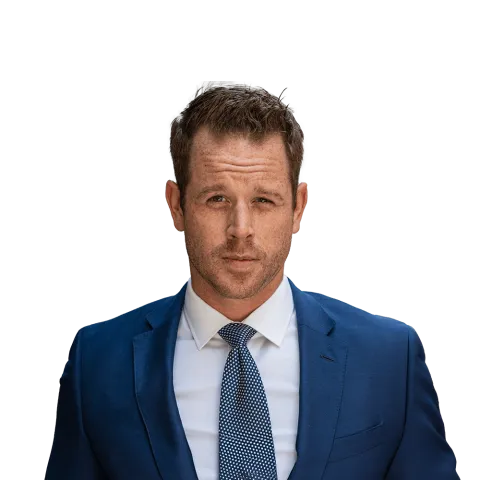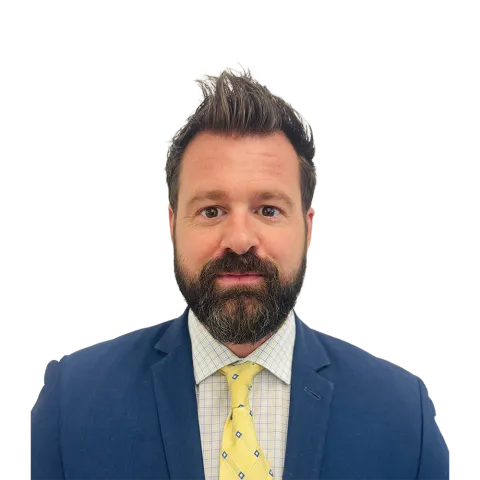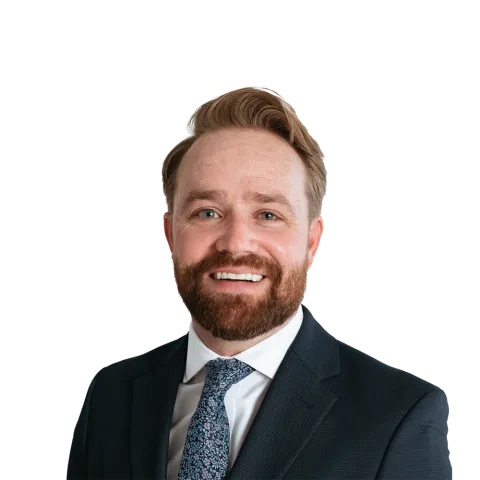Results may vary depending on your particular facts and legal circumstances. The attorney featured above is licensed in Florida. For a full list of attorneys in your state please visit our attorney page.
PHOENIX NURSING HOME ABUSE ATTORNEY
Nursing home abuse causes deep emotional and physical harm. We fight for justice and accountability.
Results may vary depending on your particular facts and legal circumstances. The attorney featured above is licensed in Florida. For a full list of attorneys in your state please visit our attorney page.
When Elder Care Turns Into Elder Harm
Placing a loved one in a nursing home is an act of trust, and abuse or neglect shatters that trust completely. Victims may suffer unexplained injuries, malnutrition, emotional distress, or worsening medical conditions, often without the ability to speak up for themselves.
In Phoenix, families are left heartbroken and angry when the people entrusted with care instead cause harm.
Arizona law gives nursing home residents important rights, but abuse cases are complex and frequently hidden. Facilities may deny wrongdoing, alter records, or blame medical conditions rather than neglect or mistreatment. Tight deadlines and powerful corporate owners can make holding these facilities accountable especially challenging without experienced legal support.
Contact Morgan & Morgan for a free case evaluation if your loved one was harmed in a Phoenix nursing home. Our attorneys are committed to protecting vulnerable residents and helping families seek justice, accountability, and a safer path forward.
150,000+ Five Star Reviews
The reasons why clients trust Morgan & Morgan.
Results may vary depending on your particular facts and legal circumstances. Based on select nationwide reviews.
Our Results
How It Works
Unsure what to do next? With 35 years of experience, our personal
injury lawyers will guide you every step of the way.
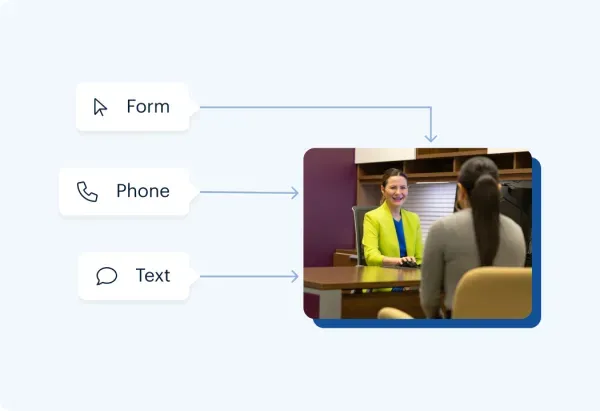
Contact Us 24/7 - It’s Free
Start your claim
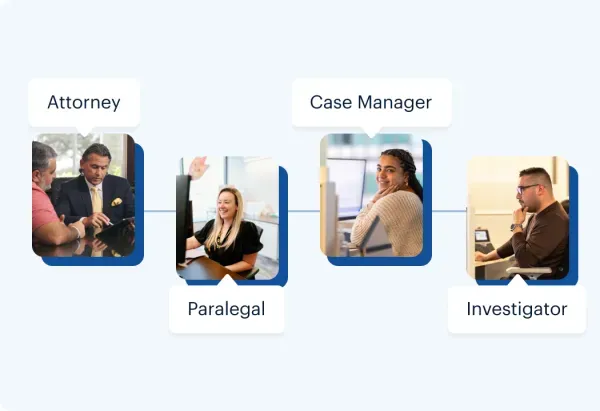
Meet your dedicated attorney
Meet the attorneys
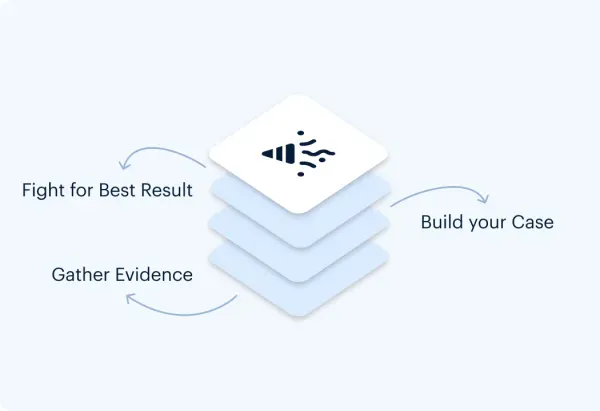
We fight for more
Learn more about the case process
Results may vary depending on your particular facts and legal circumstances. The attorneys shown in these photos may not be licensed in your state. To find an attorney licensed in your area, please visit our attorney page.
Local Care
Backed by America’s Largest Injury Law Firm.
$30 Billion
Recovered for clients
nationwide700,000+
Clients and families
served1,000+
Attorneys across
the country1
Click may change your life
The attorney featured above is licensed in Florida. For a full list of attorneys in your state please visit our attorney page.
Results may vary depending on your particular facts and legal circumstances.
Learn More
Injured and not sure what to do next?
We'll guide you through everything you need to know.
What counts as nursing home abuse?
Abuse in long-term care facilities isn’t always obvious. It can take many forms, including:
- Physical Abuse: hitting, rough handling, or unnecessary restraints.
- Sexual Abuse: any unwanted sexual contact or exploitation of a resident.
- Emotional Abuse: humiliation, threats, or isolating a resident from others.
- Neglect: failing to provide food, hygiene, medication, or basic care.
- Medical Neglect: ignoring symptoms, skipping treatments, or giving the wrong medication.
- Financial Exploitation: staff or others stealing from residents or misusing their funds.
Because abuse isn’t always obvious, families need to be alert. Warning signs can include unexplained injuries, poor hygiene, sudden mood changes, tense interactions with staff, unexplained financial changes, or weight loss.
Arizona law makes clear that nursing home residents have the right to live in a safe, respectful environment free from abuse and neglect. If those rights are violated, the facility can be held accountable for the consequences.
What are the signs of neglect and abuse in Phoenix nursing homes?
Family members are often the first to notice something isn’t right. Warning signs include sudden weight loss, unexplained bruises, frequent infections, poor hygiene, depression, or withdrawal from social activities. Financial abuse may show up as missing possessions or unexplained withdrawals. Trust your instincts if you feel uneasy; it’s worth investigating further.
What should I do if I suspect nursing home abuse in Phoenix?
If you believe a loved one is experiencing nursing home abuse:
- Seek medical attention immediately if there are signs of injury.
- Report the incident to nursing home management and file a complaint with the Arizona Department of Health Services or Adult Protective Services (APS).
- Document everything. Keep photos, medical records, and written accounts of what you’ve observed.
- Contact an attorney. A Phoenix nursing home abuse lawyer can advise you on your options and begin an independent investigation to protect your loved one.
Even if you’re not sure whether what you’ve seen counts as abuse, it’s better to act quickly than risk further harm.
What if authorities don’t act?
Sometimes, families report abuse only to feel like nothing changes. APS and regulatory agencies may be overburdened, or the nursing home may deny wrongdoing. That doesn’t mean you’re out of options. An attorney can launch an independent investigation, subpoena records, interview staff and residents, and hold the facility accountable in civil court, even when state agencies fail to do so.
What evidence is needed to prove nursing home neglect?
Neglect and abuse can be difficult to prove without the right evidence. Medical records, witness statements, surveillance footage, and expert testimony are often key. An experienced attorney can gather and interpret this evidence, showing how the facility failed in its duty of care. In some cases, whistleblowers, often staff members who can no longer ignore misconduct, also play a vital role in exposing unsafe conditions.
Who can be held responsible?
Nursing home abuse cases in Phoenix may involve multiple defendants. The facility itself is often liable, but individual staff members, management companies, or even outside contractors can also be named in a lawsuit. In some situations, nursing homes may even be responsible for injuries caused by other residents if proper supervision and safeguards weren’t in place.
What compensation can victims receive in nursing home abuse claims?
Every case is unique, but victims may be able to recover compensation for:
- Medical expenses (past and future care, medications, rehab, medical equipment)
- Pain and suffering for the physical and emotional trauma caused
- Emotional distress and loss of companionship
- Relocation expenses if the victim had to be moved for safety
- Loss of property value or financial exploitation when money or possessions are stolen
- Punitive damages in cases of extreme negligence or intentional abuse
Arizona does not impose damage caps in nursing home abuse cases, which means the full scope of harm can be addressed in court.
What’s the difference between civil and criminal nursing home abuse cases?
It’s important to understand that nursing home abuse may lead to both criminal charges and civil lawsuits. A criminal case punishes the offender, but it doesn’t necessarily provide financial recovery for the victim. A civil claim, on the other hand, is how families pursue compensation for the harm that has been done. The two processes can occur simultaneously, but they serve distinct purposes.
Why do nursing home abuse cases take so long?
Some abuse cases resolve through settlement, while others require a trial. Timelines vary based on the complexity of the case, the nursing home's willingness to negotiate, and the amount of evidence involved. While it’s impossible to predict exactly how long a claim will take, an attorney’s job is to move your case forward without sacrificing the compensation your family deserves.
Why should I choose Morgan & Morgan?
Nursing home abuse cases are some of the most heartbreaking we handle. Families deserve answers, accountability, and justice for their loved ones. At Morgan & Morgan, we have the resources to take on powerful nursing home operators, conduct thorough investigations, and fight for full compensation. We work on a contingency fee basis, so you don’t pay unless we win.
If you believe a loved one has been abused or neglected in a Phoenix nursing home, don’t wait. Contact us today for a free, no-obligation case evaluation.
